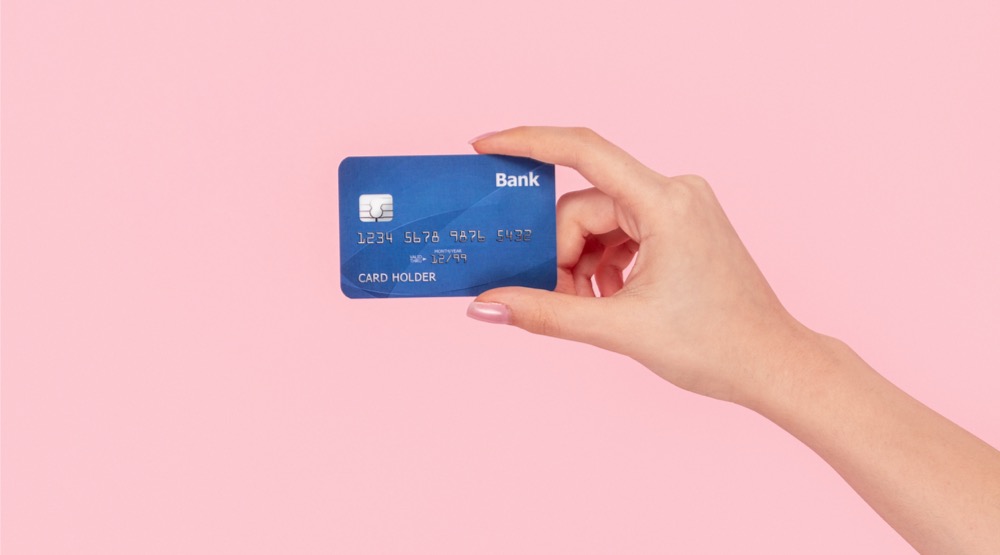A new report from payments company Square reveals that Australian businesses have experienced a cashless growth spurt amid the coronavirus pandemic, with 1 in 3 businesses turning effectively cashless over recent months. “Cashless” is defined in the report as 95% or more payments being made via credit cards or debit cards. The report, entitled Cashless Payments and the Pandemic in Australia, reveals how the pandemic has changed the way we buy and sell with cash.
“As the COVID-19 pandemic began to sweep across Australia, so too did health and safety concerns among business owners,” said Colin Birney, Head of Business Development at Square Australia. “This raised questions of how to properly conduct business and accept payments during social distancing and stay-at-home mandates. The result has been a significant shift by many Australian businesses away from cash, although we have seen variances across industries and in different parts of the country.”
Crunching the numbers from millions of transactions at thousands of businesses nation-wide between January and June 2020, the report found that April was the month that saw the biggest drop in cash use across the country. The ACT saw the most substantial abandonment of cash, with cash payments plummeting there from 42 per cent of transactions in January to just 14 per cent of sales during April.
Tasmania, South Australia and Victoria weren’t far behind, with cash sales in those states also dropping by more than half over the same time period. On the other end of the spectrum, the Northern Territory remained the most committed to cash, with around one in five Territorians (19 per cent) still opting to pay with physical money during the peak of the pandemic’s first wave.
Sia Hendry, owner of You by Sia skin clinic in Bondi Junction, agrees with the findings, saying: “I have definitely noticed a huge shift from clients paying in cash to using credit cards, online payments and even payment options such as EzyPay.”
Similarly, Shoshana Eisner, founder of QED Skincare, has noticed a shift towards contactless payments. “In our clinic, we have seen a big increase in the amount of customers using credit and debit cards since covid-19 and we have virtually become cashless. I get the sense that people in general are put off handing cash during these times. I know I am going cashless more than ever before.”
Professor Steve Worthington from Swinburne University Business School says the ongoing pandemic is only serving to sharpen the shift we’ve seen over recent years, where consumers and businesses are increasingly prioritising digital forms of payment.
“There are a number of factors contributing to the steep decline in cash use as a direct response to the pandemic,” said Professor Worthington. “For consumers, fears over social distancing and a preference to minimise contact with physical currency is likely to be top of mind. What’s more, with banks closing branches, reducing operating hours and fewer ATMs available, there’s less cash in circulation. Combining that with the fact that many businesses favour digital payments for speed and security, there’s less incentive now for any of us to carry cash.”
Locally, many business owners have opted to make the choice for their customers, turning operations effectively cashless in a bid to keep their staff safe.
Visit the #BEAUTYSTRONG hub at https://professionalbeauty.go-vip.net/beautystrong/
For more news and updates, subscribe to our weekly newsletter.

